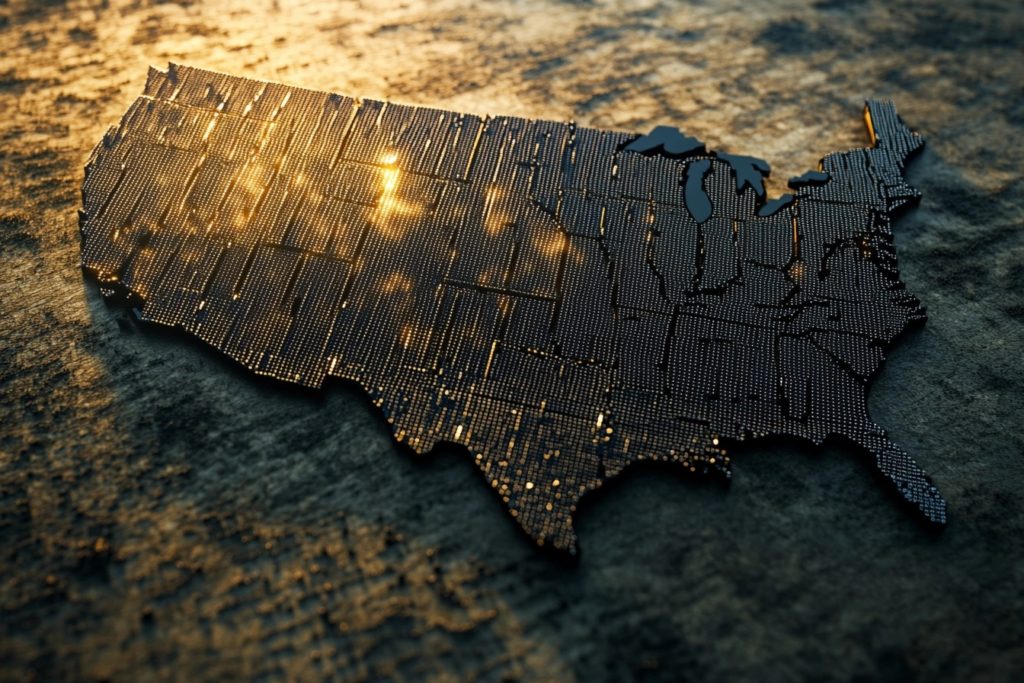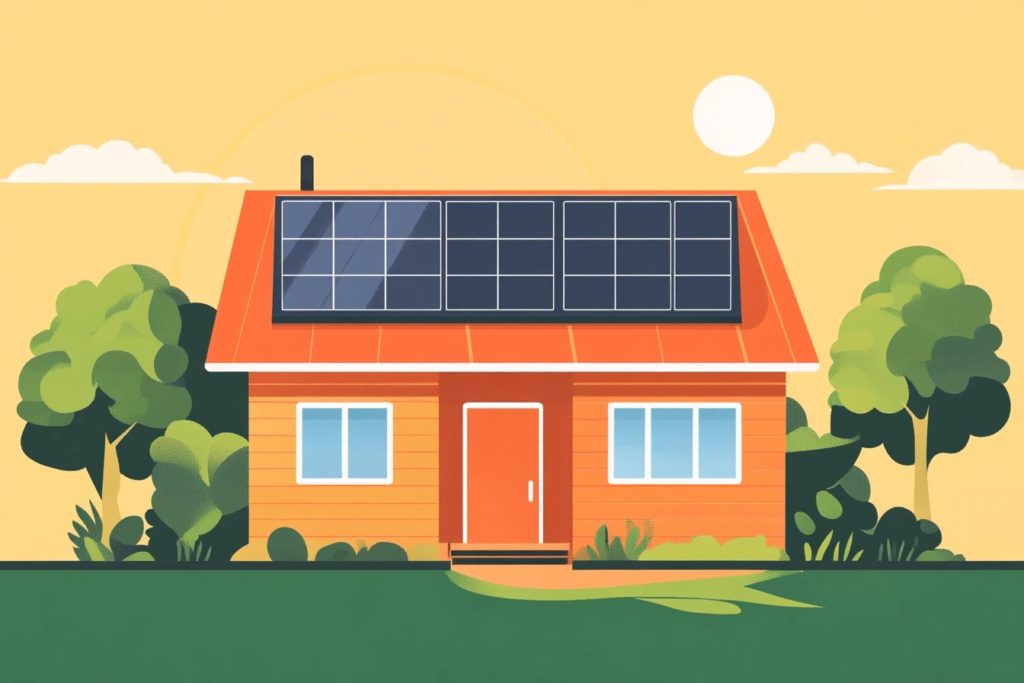Given that solar panels generate electricity through sunlight, your residential solar system will obviously spend all of its time outdoors. This means that your solar panels will be exposed to all sorts of conditions, from typical rain and snow to extreme winds and temperature swings. Your panels might even have to withstand severe weather events like hurricanes, tornadoes, hail, and more.
Therefore, it’s understandable that many homeowners have questions about how solar panels perform in a variety of weather conditions. Does extreme weather reduce the lifespan of a solar panel? Is there such a thing as all-weather solar panels? Throughout this article, we’ll fill you in on all of the important details.
Heat and Sun
Of course, sunshine is a good thing for solar panels. The more sunlight your panels receive, the more power they generate — it truly is just that simple. However, what if you live in a city like Phoenix, AZ, that frequently sees temperatures spike into the 100s? Is there a level of heat that becomes too much and causes the panels to crack?
Fortunately, most solar panels can handle temperatures up to around 150 degrees. Even then, it’s likely that the panels would merely lose efficiency instead of becoming damaged. It doesn’t matter much how hot it gets — if your solar system is in a sunny city like San Diego, CA, your solar panels will likely perform at an optimal level.
Cold and Snow
There’s a common misconception about solar panels in cold weather. While you might think that cold weather decreases the efficiency of your residential solar installation, this has no basis in fact. There are some winter conditions that can reduce solar panels’ effectiveness — such as the angle of the sun — but cold temperatures can actually boost efficiency.
What if you live in a city like Baltimore, MD, where heavy snowfall is somewhat common during the winter months? Much like solar panels in cloudy weather, it’s important to note that snow-covered solar panels won’t produce as much energy as a clean panel, but it’s highly unlikely that your panels will buckle under the weight of the snow. Furthermore, solar panels are typically installed at an angle that allows snow to slide off harmlessly.
Wind, Hurricanes, and Tornadoes
For the most part, windy conditions shouldn’t have much of an effect on your solar panels. Of course, if your home is directly in the path of a hurricane or tornado, it’s possible that you could lose your entire roof. However, in the vast majority of other high-wind scenarios, your solar panels will be in no danger. Furthermore, the wind does not affect solar panel performance.
Hail
If you live in the Midwest, your home is likely subjected to the occasional hailstorm. Thankfully, solar panel manufacturers planned ahead for this occurrence. The vast majority of solar panels are constructed to withstand much more severe impacts than the typical hailstorm provides. In fact, most solar panel manufacturers build their panels to withstand twice as much force as the impact from a severe hailstorm.
In Conclusion
While it’s true that weather does have an effect on residential solar systems, solar panels and weather tend to mix better than people think they do. Solar manufacturers are well aware that their products will need to withstand a variety of harsh conditions, and it’s going to take a lot more than rain, snow, or hail to damage your panels. Furthermore, while all-weather solar panels aren’t available quite yet, efforts are underway to create even stronger panels that can withstand anything Mother Nature sends their way.
For more information about extreme weather effects on solar panels, contact LGCY Power today. Our representatives are true experts who are familiar with everything there is to know about solar panel performance in various weather conditions. They can help you figure out the best options for your home and choose the right panels for your solar system.





